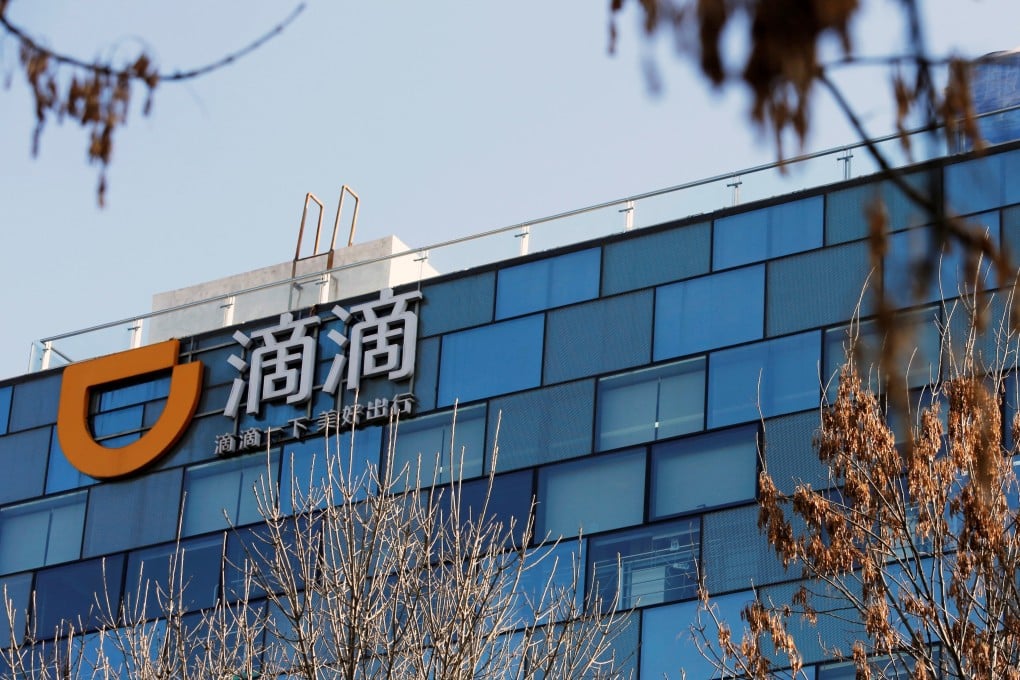Didi Global to vote on US delisting next month, says no new listing plan before NYSE exit
- Beijing-based firm says it will not apply for another flotation before completing its delisting from the New York Stock Exchange
- The riding-hailing giant must cooperate further with China’s cybersecurity regulators and conduct rectifications

The planned delisting, uncertainties arising from its cybersecurity investigation and the lack of immediate prospects for a relisting, are set to deal a heavy blow to the company’s valuation – and could even undermine investor confidence in Chinese stocks.
The China Securities Regulatory Commission (CSRC), the country’s stock market watchdog, said in a statement issued immediately after Didi’s announcement that the ride-hailing firm’s delisting plan had nothing to do with other US-listed Chinese stocks, and was not related to “the ongoing audit cooperation between China and the US”, in an apparent move to control any spillover damage from Didi’s statement.
According to the Didi statement, it must cooperate further with China’s cybersecurity regulators in the investigation and conduct “rectifications”.
Experts said Didi’s move demonstrates the seriousness the Chinese government attaches to data security and cybersecurity, even if it comes at a huge cost to the operations of business firms.